Animal research suggests that moringa leaves and seeds may support prostate health, enhance penile blood flow, and protect sperm from oxidative damage. They might also reduce post-meal blood sugar spikes in people with type 2 diabetes.
Moringa — often called Moringa oleifera, the miracle tree, or drumstick tree — is prized for its nutrient-rich leaves and traditional medicinal uses.
Originating in northwestern India, almost every part of the tree has a long history in herbal medicine for treating more than 300 ailments.
That said, many of the reported advantages of moringa come from laboratory and animal experiments and may not apply directly to humans.
Still, among the plant’s numerous studied properties, several appear particularly relevant to male health.
Below are four possible benefits of moringa for men, along with notes on safety and adverse effects.

1. Might support prostate health
Moringa seeds and leaves contain sulfur-rich compounds known as glucosinolates, which may possess anticancer activity.
In vitro research has shown that glucosinolates from the seeds can inhibit or slow the proliferation of human prostate cancer cells.
There’s also speculation that moringa could help guard against benign prostatic hyperplasia (BPH), a condition that becomes more prevalent with age and involves prostate enlargement that can obstruct urination.
In a 2022 rat study, moringa leaf extract improved prostate appearance, reduced cellular proliferation, and showed anti-inflammatory effects without damaging the liver or kidneys in the animals. The researchers noted further studies are required to confirm these findings.
Additionally, a 2019 rat study reported that moringa reduced testosterone levels in treated rats. In humans, low testosterone can:
- lower libido
- impair erectile function
- lead to loss of lean muscle
- contribute to depression
This potential testosterone-lowering effect could also reduce the effectiveness of testosterone replacement therapy in men who are receiving it.
Ultimately, human trials are necessary to determine whether moringa benefits prostate health or reduces testosterone in men.
2. Might help with erectile dysfunction
Erectile dysfunction (ED) is the inability to achieve or maintain an erection adequate for sexual activity.
The condition frequently arises from impaired blood flow, which can be caused by high blood pressure, elevated blood lipids, or conditions such as diabetes.
Moringa leaves contain polyphenols, which may improve circulation by boosting nitric oxide production and lowering blood pressure.
Moreover, animal studies indicate that extracts from the leaves and seeds block key enzymes involved in ED that raise blood pressure and reduce nitric oxide availability.
One 2021 study found that a moringa seed extract relaxed penile smooth muscle in healthy rats, increasing blood flow to the area, and improved erectile function in diabetic rats.
However, no human trials have yet evaluated moringa for ED. It remains uncertain whether the positive animal results would occur in people.
3. Might enhance fertility
Men are estimated to be the sole or contributing cause of infertility in roughly 50% of cases, with low sperm production and poor sperm motility among the leading causes.
Moringa leaves and seeds are rich in antioxidants, which help counteract oxidative stress that can disrupt sperm production or damage sperm DNA.
Research has shown that moringa leaf powder significantly improved semen volume as well as sperm count and motility.
Other studies have demonstrated that the antioxidant activity of moringa leaf extract markedly increased sperm counts in models of induced undescended testes.
Additionally, research in rats and rabbits suggests this leaf extract may protect against sperm loss caused by excessive heat, chemotherapy, or electromagnetic radiation from mobile phones.
While these findings are encouraging, human studies are needed before drawing firm conclusions about moringa’s effect on male fertility.
4. Might aid blood sugar control
Type 2 diabetes develops when the body either does not produce enough insulin or cannot use it effectively. Insulin, produced by the pancreas, helps lower blood glucose after meals.
The condition is more common in men than women, possibly because men tend to accumulate more visceral fat around the abdomen, which impairs insulin action and raises diabetes risk.
A 2022 review of studies in mice and rats with diabetes found that moringa leaf and seed extracts may lower blood glucose by increasing insulin secretion or enhancing cellular glucose uptake.
A 2020 review of seven human studies noted that five reported significant reductions in blood glucose among people with diabetes who used moringa.
Additional research in humans is necessary to confirm its effectiveness.
Another 2022 review of animal and human research described “overwhelming evidence” that moringa can improve blood sugar, lipid profiles, and insulin sensitivity, and protect against liver and kidney injury in animals with type 1 and type 2 diabetes.
Despite promising results, more rigorous, long-term human trials with larger sample sizes are required before definitive recommendations can be made for using moringa to manage type 2 diabetes.
Safety and side effects
Moringa’s extensive history as food and in traditional medicine suggests it is likely safe for most people.
Although human evidence is limited regarding specific male health benefits, the plant remains highly nutritious.
Moringa leaf is available as a powder, capsule, or extract and is also sold as herbal tea in plain and flavored options.
However, people with low testosterone or those taking medications for blood pressure or blood sugar should consult their healthcare provider before using moringa supplements, since the plant may influence how these medicines act.
Takeaway
Based on laboratory and animal data, moringa leaves and seeds may offer protection against prostate cancer, help with ED, and improve fertility and glucose control.
But more human research is needed before moringa can be confidently recommended for these purposes.
Still, moringa leaves are nutrient-dense and can be consumed as a powder, tablet, extract, or tea.

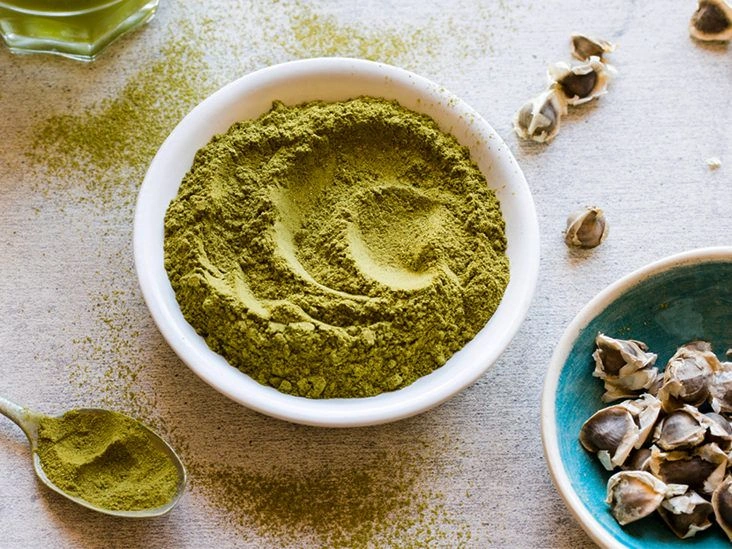

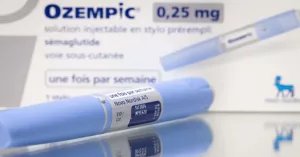








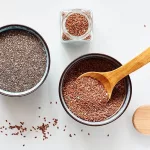



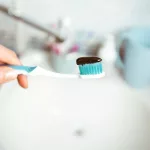



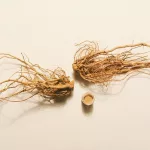



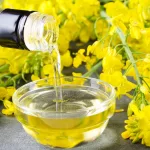
Leave a Reply
You must be logged in to post a comment.